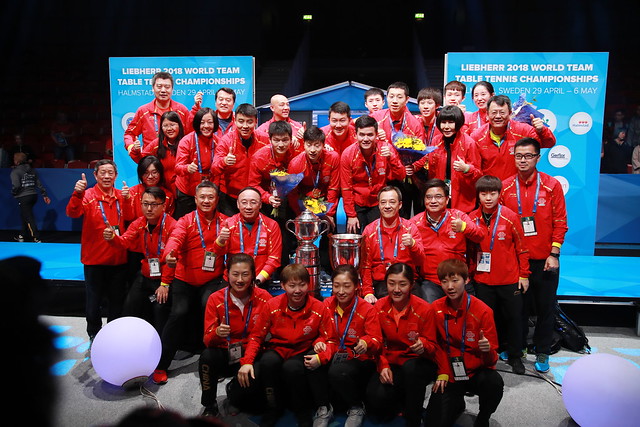by Simon Daish
Kasumi Ishikawa is the most experienced athlete to feature in the squad at 25 years of age with 2016 Women’s World Cup champion Miu Hirano, 18, the second oldest name on the player list. Mima Ito and Hina Hayata have also received call-ups as has up-and-coming prospect Miyu Nagasaki, who has been in sparkling form in recent months and will only benefit from her experience on the big stage.
Japan has been placed in Group B where they will face opposition from Austria, Hungary, Ukraine, Egypt and the United States of America. Assuming they successfully top the group, second seeds Japan will require three further victories if they are to secure their first Women’s Team title at the event since 1971.
An ever-improving young squad has generated talk of a possible gold medal bid by the Japanese team in 2020 when the Olympic Games arrive in Tokyo and that dream might not be so far off: Silver medallists at the Rio 2016 Olympic Games, Japan has gone on to achieve a second position finish at the Seamaster 2017 ITTF Asian Championships and a similar outcome at the 2018 ITTF Team World Cup in February.
Always a considerable force in the race for silverware, however, the real test for Japan in Halmstad is whether or not they can negotiate the final hurdle and reach the summit of the podium, a difficult task especially if they cross paths with defending champions China but a feat they hope to achieve by the conclusion of next week.
Last time out at the World Team Championships in 2016, Team Japan finished in the runner up position but two years on can they go one better and return to title winning ways in Halmstad?









